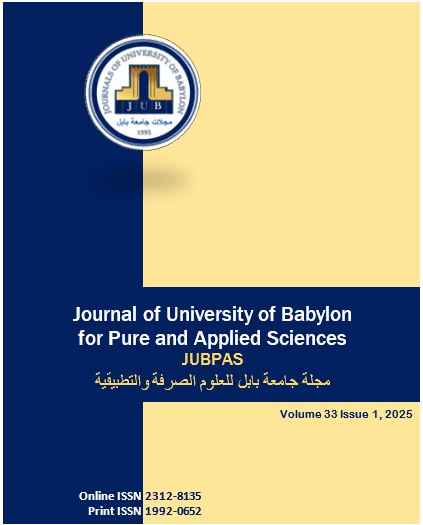Effects of Gut Microbiome on Brain Development: A Review
Main Article Content
Abstract
Microbiome is an enormous abundance and diversity of microbial community that lives symbiotically in and on the human body. They offer important and beneficial functions for the human health. Most of microbiome lives in the in gut and participate in the regulation of body physiology. Recently the importance role of the microbiome in the regulation many physiological aspect has more attractive. Moreover, it was found that the absence of gut microbes caused immune and metabolic alteration in the experimental animal, as well as developing number of infectious diseases due to disturbance of microbial community composition. Interestingly there is an evidence that commensal microbiome can influences the brain development, cognition and behaviour via gut-brain axis. Furthermore, it was observed that changing in the behaviour can lead to the alteration in the composition of intestinal microbial community and vice versa the alteration in the commensal gut microbiota composition can cause depression like behaviour. The gut microbiota’s function in brain development will be covered in the review. The understanding of interaction mechanisms between gut microbiota and brain development offer new approach to treat various mental diseases. The conclusions, there is a requirement for applying microbiome analysis on broad human community along life-course with more respect to individual differences between people, and for further development of analytical approaches
Article Details

This work is licensed under a Creative Commons Attribution 4.0 International License.
